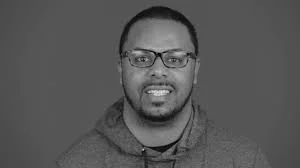We hear it everywhere: trust in police has eroded, reaching historic low point. Yet we know that if police want to make communities safe and livable, nothing is more important than trust. How can police build trust with the public, especially in a time when race and police conduct is at the forefront?
Read MoreThe National Initiative for Building Community Trust and Justice began just a year after Ferguson. The Initiative aimed to improve criminal justice outcomes and police-community relations in six cities. Now the results are in. Did it work? And what can we learn as we look for ways to improve our whole system?
Read MoreSince the creation of the first SWAT teams in the 1960s, militarized police units have multiplied. SWAT teams can rescue hostages or handle emergencies – but are they used that way? Do they increase public safety? And what’s the impact on the public, and on officers?
Read MoreSome district attorneys' offices keep secret lists of police officers who are not to be called to testify because their credibility is in question. How widespread is the practice?
Read MoreWhen the police kill an unarmed black man, we know the family and community suffer. But what about other people – particularly Black Americans beyond those closest to the victim – what’s the impact on them?
Read MoreWhat are pattern-or-practice consent decrees? Trisha wants to know more about how they're being applied in her home city of Baltimore and other cities.
Read MoreKillings of unarmed black people by police have worsened historically troubled police-community relations. Until recently, little research existed that might help explain this or improve the situation. Social psychologists have created work that helps us understand why things go wrong in policing, what role race plays, and how we can do better.
Read More






